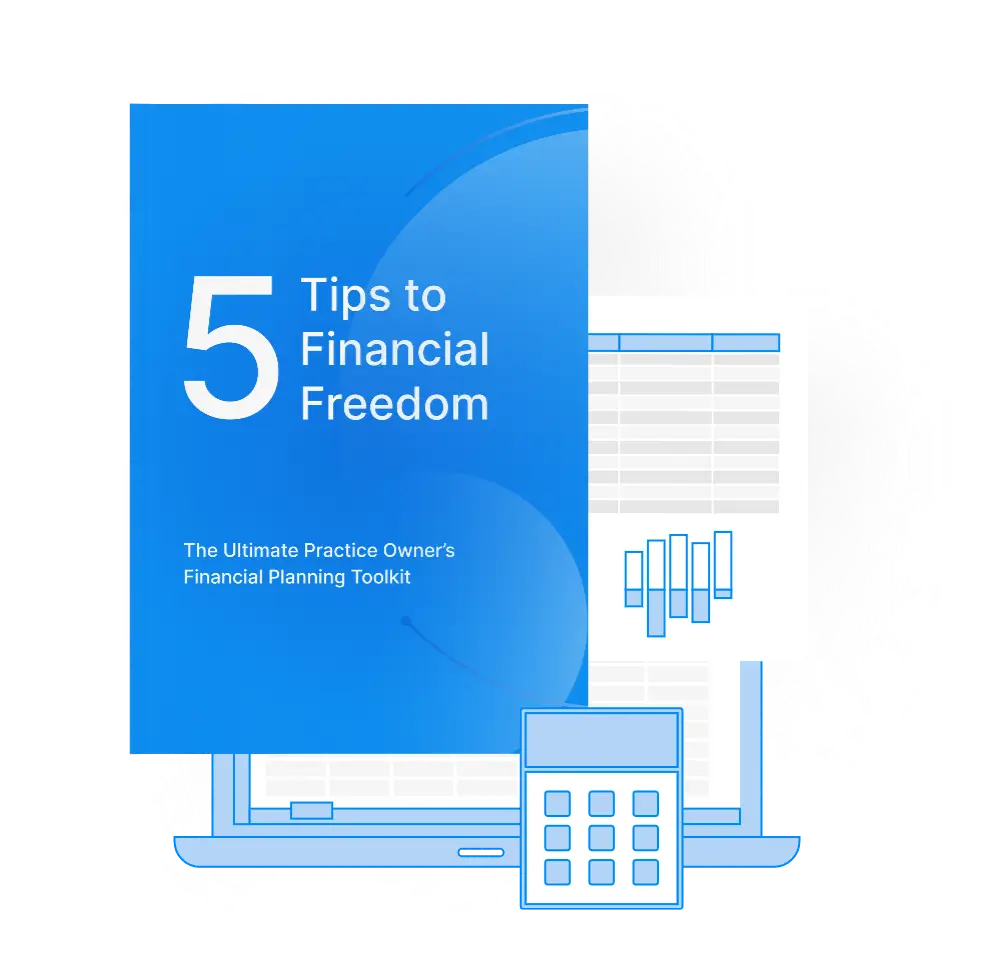Why is spending cash so hard?
May 13, 2019
Spending cash is hard. Anyone that’s gone through our planning process knows that one of the first pillars of a solid financial plan is having ample cash reserves on hand so that WHEN (not IF) emergencies happen, there’s cash in the bank to cover those expenses. I’ve had a couple of client examples and even a personal example in our own household that has brought this phenomenon to light and I’m working on doing a whole podcast show around this topic, so check out the Learning Center on our website and find our podcast “20/20 Money” wherever you listen to podcasts.
However, it typically takes some time, focus, and effort to build up that emergency fund. Once it’s there, it can seem really, really, REALLY difficult to spend even $1 of it…even when there’s an actual emergency (sudden car repair, new A/C for the house, medical expense, etc.). After all, that’s why it’s there, right? So why is it so hard to spend?
Turns out, there’s an incredible emotional connection to cash, and it can be defined (as well as anything in behavioral finance can be defined) by the combination of the endowment effect and loss aversion bias. The endowment effect talks about why we are more likely to retain an object we already own than go out and acquire that same object.
Start Planning Today
Don’t miss out on exclusive access to financial tips, strategies, and expert-led webinars. Subscribe to the “Planning Life, On Purpose” newsletter today and stay ahead of the planning curve!
The endowment effect can most easily be illustrated when you look in your closet. If you’re anything like me (or, more accurately, my wife) you know that there are a number of items in the closet that you haven’t worn in quite some time. But every time you go to purge the closet, you rationalize why you’ll keep that article of clothing around. However, the next time that you’re doing the exercise of purging your clothes, ask yourself if you’d go out right now and spend money on the article of clothing that you’re contemplating hanging onto for future use. This little test can help you understand how much the endowment effect is at play.
Loss aversion bias is the idea that we’d rather avoid pain (losses) than experience pleasure (gains). Put contextually, think about it this way: would you rather get a $5 discount, or avoid a $5 surcharge. Which one elicits more of a response, though?
So the next time that you’re really struggling to part ways with cash for an actual emergency, don’t worry if it feels weird–it’s completely normal. Some ways in which you can work against this are to actually/audibly tell yourself “This is why I saved this money. This is why it’s here–for examples just like this <<insert emergency that came up.>>
You should also tell yourself that just because you’re dipping into your emergency fund right now doesn’t mean it’ll never be made whole again. Just like you saved to build it up in the beginning, you’ll save to build it up again after using some of it. You’re doing the same thing you’d be doing if you borrowed money instead of using your funds: you’re making a monthly payment. The biggest benefit is that you get to be the bank and be in control of when and how much money you put back into your own account, rather than being subjected to the terms and conditions (and interest rate) of the bank. This can be important if you’re an OD that just started their own practice or working in a setting where your earnings are not fixed, thus budgets and cash flow become more important.
The exception to this rule can be your “same-as-cash” financing deals. However, you still need to understand the in’s and out’s of those programs as well. The biggest catch is that if the balance is not paid off by the interest-free period of time, the interest will start accruing retroactively from the purchase date…and the interest rate assigned is anything but friendly (typically 24%+ APR).
If we understand that all of personal finance and financial resource management is the transfer of risk, then I lean more on the side of just paying cash for the item and not worrying about any payment plan. After all, think about the name of the zero-interest finance deal. How is it usually advertised? Same as…wait for it…CASH!!
If it’s the same as cash, why not just use cash?!


Share